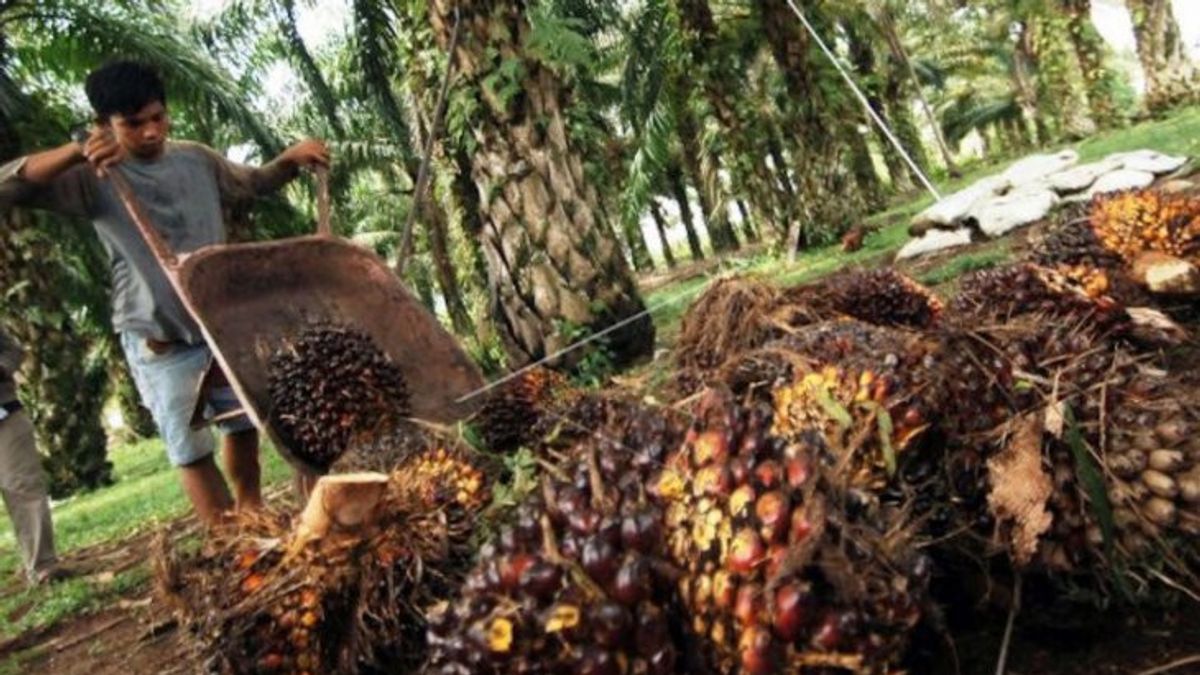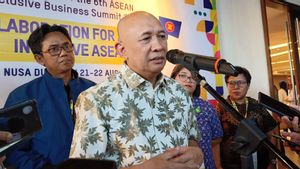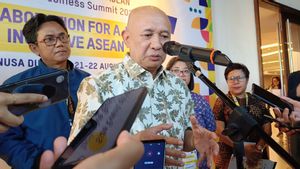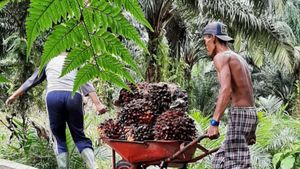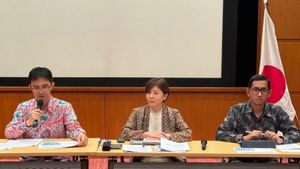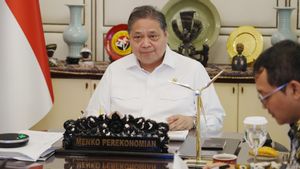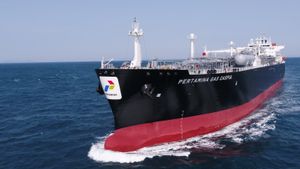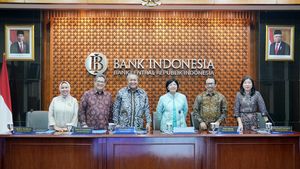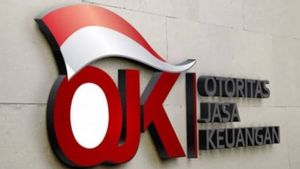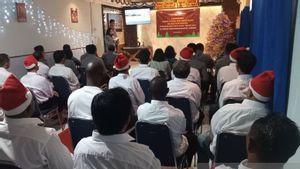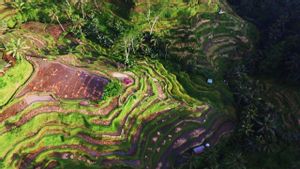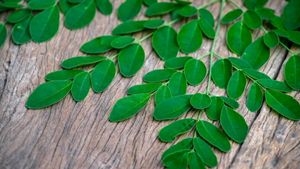JAKARTA - The Ministry of Agriculture (Kementan) continues to increase the readiness of planters to follow sustainable palm oil governance to deal with anti-forestation regulations issued by the European Union Deforestation Regulation (EUDR).
Director of Plantation Product Processing and Marketing, Directorate General of Plantation, Ministry of Agriculture Prayudi Syamsuri stated that as a ministry whose main duties and functions are coaching upstream, its position towards EUDR is not accepting or refusing, but self-introspection whether it has prepared planters to be ready for tracing.
"EUDR is a 'wake up call' or warning to improve domestic oil palm management. The current position of the Ministry of Agriculture is to build sustainable palm oil," he said, quoting Antara, Jakarta, Friday, December 25.
For tracing, he continued, the Ditjenbun has prepared the Block Chain Indonesia Plantation Database. For farmers, there is a list of electronic business (e-STDB) and companies through the plantation licensing information system (Siperibun).
"All processes from FFB to PKS, PKS CPO exported or to industry, are all recorded in the form of a bar code," he said.
This barcode is sought to enter the Indonesia National Single Window for exporters, downstream industry and renewable industry. Until the product can finally be traced where it came from to the garden level.
Dirjenbun, tambahnya, dalam "International Dialogue Palm Oil vs EUDR, Let's talk EUDR with Special Attention to Palm Oil" yang digelar BPDPKS, sudah mengajukan pembiayaan untuk membuat geomap petani ini.
"We also offer to the EU to use our block chain in tracing. They don't need to create a new system, just use our system," he said.
Prayudi stated that the steps taken were also an effort to increase the acceptance of palm oil in the world market so that the industry would not be disrupted.
Meanwhile, the Secretary General of the Palm Oil Farmers Union (SPKS) Mansuetus Darto stated that from the farmer side, especially SPKS members, there was absolutely no problem with the EUDR policy.
"The practices that have been carried out by SPKS show that farmers are able to fulfill EUDR as long as there is support from the government and the private sector through fair policies and partnerships for farmers and local communities," he said.
The EUDR policy compared to Indonesian regulations, he continued, related to farmers is also the same. The problem is whether the regulations have been implemented or not, according to him, there needs to be action in the field to apply all these rules.
Head of the Company Division of the Palm Oil Plantation Fund Management Agency (BPDPKS) Achmad Maulizal Sutawijaya, stated that oil palm continues to encourage positive plantation gross domestic product (GDP) so that Indonesia's GDP in the first quarter grew 5.03 percent.
Palm oil has much higher land productivity than other vegetable oils, he added, every year the demand for world palm oil grows by 8.5 million tons, while supply is 8.2 million tons, of which 42 percent is met from palm oil.
اقرأ أيضا:
According to him, a number of challenges in the palm oil sector in the country are low productivity even though Indonesia is the number one producer in the world. For this reason, Indonesia must become a world class development operation forward industry 4.0, utilizing technology for plantation operations.
Another challenge, continued Achmad Maulizal, is the inefficiency of the people's oil palm plantation business and the length of the supply chain.
"This improvement in the field has the potential to be conveyed to the EU that oil palm development is no longer an expansion but a repair of the supply chain and improvement of GAP (good agriculture practice 0," he said.
CIRAD Regional Director for South Asian Island Country Jean Marc Roda stated that the main challenge of palm oil sustainability is not deforestation but in the supply chain.
"EUDR's position is an opportunity for downstreaming to produce high added value in the country," he said.
The English, Chinese, Japanese, Arabic, and French versions are automatically generated by the AI. So there may still be inaccuracies in translating, please always see Indonesian as our main language. (system supported by DigitalSiber.id)
